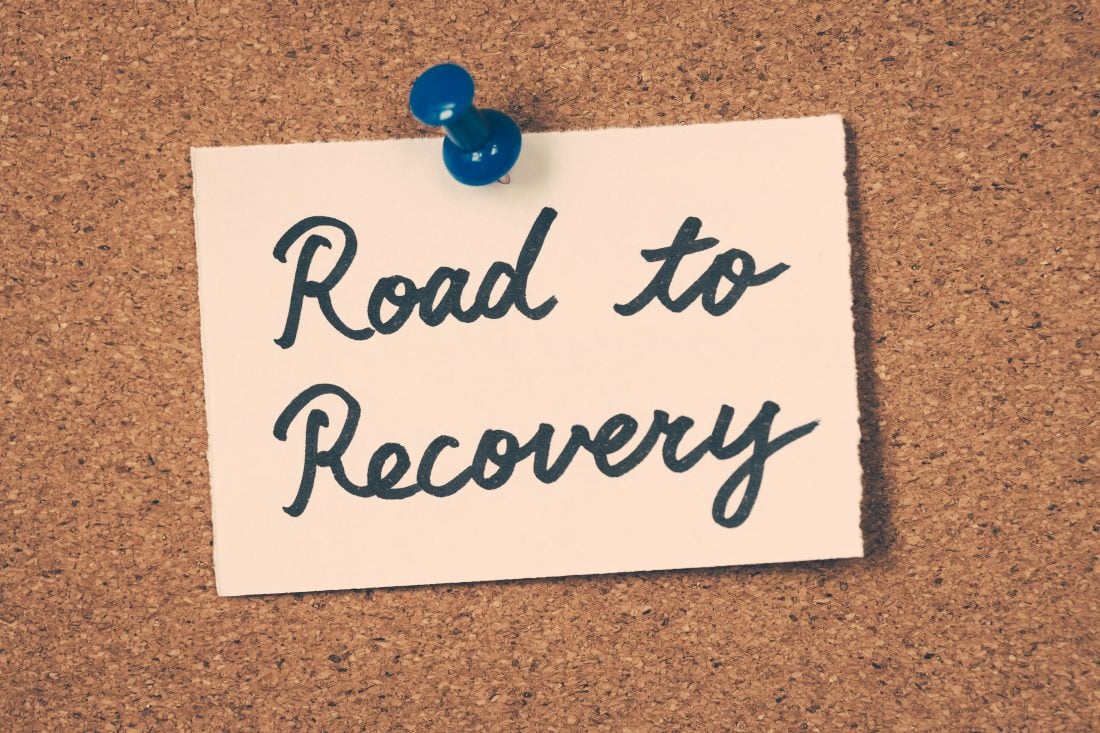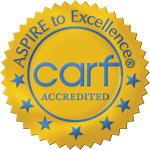
The decision to seek help for a problem using opioids, alcohol, or another drug doesn’t come easy. Many people wrestle with the question of whether they really need professional help. Even after deciding to pursue some kind of addiction treatment, many are unsure what kind of treatment they should choose.
Residential addiction treatment, or rehab, offers an immersive kind of treatment that can be particularly effective in laying down a foundation for lifelong recovery. Unfortunately, internal or external barriers often prevent people who have addictions from choosing residential treatment, at least as a first choice. Some of those barriers are myths or misconceptions about rehab.
When you’re making a decision that’s going to have a big impact on your health, it’s important to have accurate information. Take a look at these commonly held residential addiction treatment misconceptions. Spreading the facts about rehab can help people make informed health decisions and make more efficient use of the various pathways to recovery.
 Residential Addiction Treatment Misconceptions: “It might work for others, but it won’t work for me.”
Residential Addiction Treatment Misconceptions: “It might work for others, but it won’t work for me.”
There are a lot of variations of this misconception, but it essentially boils down to the belief that one’s experience with addiction is unique, or that no one else will be able to understand it. It’s tempting for many people to believe that they are their own experts on their experience with addiction. Now, there is some truth to that. We are all unique, with our own particular experiences. But that’s not the whole story, and leaning on this belief too much becomes isolating and self-destructive.
An essential part of recovering from addiction is knowing when to accept help. It’s important to begin to recognize how certain kinds of thoughts, like negative thinking, jumping to conclusions, and denial, all contribute to prolonging a dependency on drugs or alcohol. Those kinds of addictive thinking are usually involved with the belief that residential addiction treatment “won’t work for me.” Many people who have once held the same belief can be found giving back to the recovery community in treatment centers and support groups, providing their own evidence that treatment can work for everyone.
Residential Addiction Treatment Misconceptions: “Rehab is a last resort.”
Some people are resistant to rehab because they consider it the last resort of changing a habit with drugs or alcohol. Of course, it’s not surprising that many people want to try forms of treatment that involve less of a time commitment, or less commitment in general. Many people just a want a detoxification program to help with the initial withdrawal symptoms.
This is often a short-sighted approach to treatment, and there’s no evidence that one should work up to residential treatment by trying less intensive forms first. It can be dangerous to forgo inpatient treatment, especially if it is recommended by addiction professionals or physicians. Some people prolong their entry into stable recovery by repeatedly choosing treatment methods that fall short of their needs.
Does that mean residential treatment is necessary for everyone seeking help? No. The choice of a form of treatment to pursue should be made after carefully thinking through all available options and conferring with addiction or medical professionals. Seeking out an addiction assessment can help one determine the appropriate level of treatment.
 Residential Addiction Treatment Misconceptions: “All rehab programs are 12-step programs.”
Residential Addiction Treatment Misconceptions: “All rehab programs are 12-step programs.”
Because 12-step programs like AA and NA have been so prominent in addiction treatment culture, many people assume that this is what they’re signing up for if they go to a residential addiction treatment facility. Conversely, others promote the belief that 12-step programs and residential addiction treatment programs are opposites in contention with each other.
These are both outdated misconceptions. Although the 12-step model is perhaps not as overwhelmingly predominant in U.S. addiction treatment, it is still a sizable portion of the current treatment landscape. Medication-assisted treatment both inside and outside of inpatient facilities has become the recommended standard of treatment, with the qualification that 12-step programs still work for many people. However, the reality is that both approaches work and are often found to be useful in some combination. Stepworks finds that the best treatment outcomes result from exposing those in treatment to multiple models or approaches to recovery.
 Residential Addiction Treatment Misconceptions: “It didn’t work before, so it won’t work now.”
Residential Addiction Treatment Misconceptions: “It didn’t work before, so it won’t work now.”
Sometimes people take an unsuccessful attempt to establish sobriety as proof that they would fail if they tried again. It might be easy to see that that’s an unrealistically pessimistic belief from the outside, but we should acknowledge how struggling with addiction can perpetuate such self-defeating beliefs.
Recovering from addiction is often an extended process of trial and error. Even after establishing a solid basis of sobriety, people in recovery must practice good health management to avoid falling back into old patterns. Those who have been unsuccessful in treatment before should be aware that it sometimes take repeated attempts to establish that basis of sobriety. Keeping this in mind can help you or a loved one who is struggling stay hopeful and committed to making recovery stick.
Residential Addiction Treatment Misconceptions: “Rehab only works when the person decides independently to do it.”
Mindset does matter. People who enter treatment environments with a willingness to participate and investigate their own behaviors and beliefs can generally be expected to have better outcomes than those who are always at odds with the idea of treatment.
However, that doesn’t mean that treatment won’t work for people who aren’t entirely convinced of the efficacy of rehab. In reality, a lot of people who successfully complete treatment got there with encouragement from others. The decision to seek treatment is made in different ways, and there is usually some degree of influence from loved ones or concerned friends. In more extreme cases, a legal guardian, physician, or court system may strongly influence or order a person into addiction treatment.
Less important than how someone gets into treatment is what they do while in treatment. So while there is a sliding scale between voluntary and compulsory admission to treatment, what matters more is how a person responds to the program of treatment itself. The treatment program and the staff working in it with addicted clients are an important part of this dynamic, too. Stepworks Recovery Centers and other CARF-accredited programs work to make sure they’re fulfilling their end by establishing high standards of treatment staffed by caring and professional team members.
Now that you have answers to these common doubts about treatment, what will you do? If you think you’re struggling with addiction or misusing addictive substances, you might be considering seeking help. In that case, you can read more about what to do if you think you have an addiction. If you’re not struggling with a substance use problem but you know someone who is, you might find that sharing some of the info from this post could help them make a healthy decision about treatment. You can also find more info at a previous blog post, “Tips for Motivating an Addicted Loved One to Seek Treatment.”

